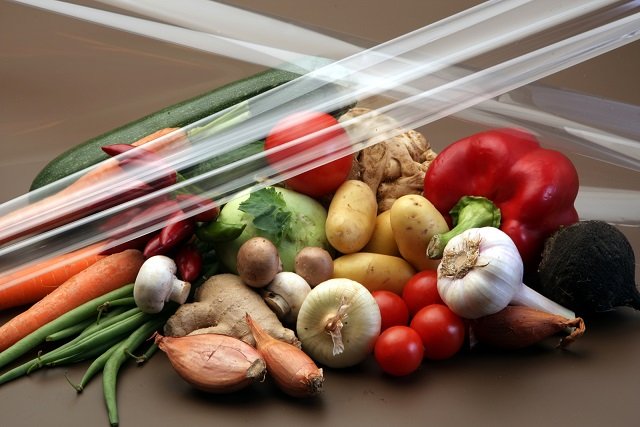Inside BENEO’s new pulse plant: pioneering sustainable protein from faba beans
The new manufacturing process uses cellulose nanocrystals (CNCs)
A large-scale manufacturing process to improve food packaging and keep groceries fresher longer has received top honors at one of the world’s largest technical conferences for the packaging industry.
The new manufacturing process uses cellulose nanocrystals (CNCs) that provide advanced barrier coatings for food packaging. It was developed by a team of Purdue University researchers.
CNCs are an alternative renewable raw material derived from abundant resources such as wood and plants. They have properties including nontoxicity, biodegradability, high specific strength, high thermal conductivity and optical transparency, all of which make them excellent components for advanced food packaging.
The Purdue manufacturing technique also is scalable since it is a roll-to-roll manufacturing process using waterborne polymer systems. CNCs are highly crystalline and easily dispersed in water, so manufacturers can control the structure to eliminate free volume and end up with only the properties that are needed for the barrier material.
The Purdue technology also offers food packaging manufacturers excellent optical, thermal and mechanical properties to ensure that food remains as fresh as possible when it is delivered to the grocery store for consumers.

